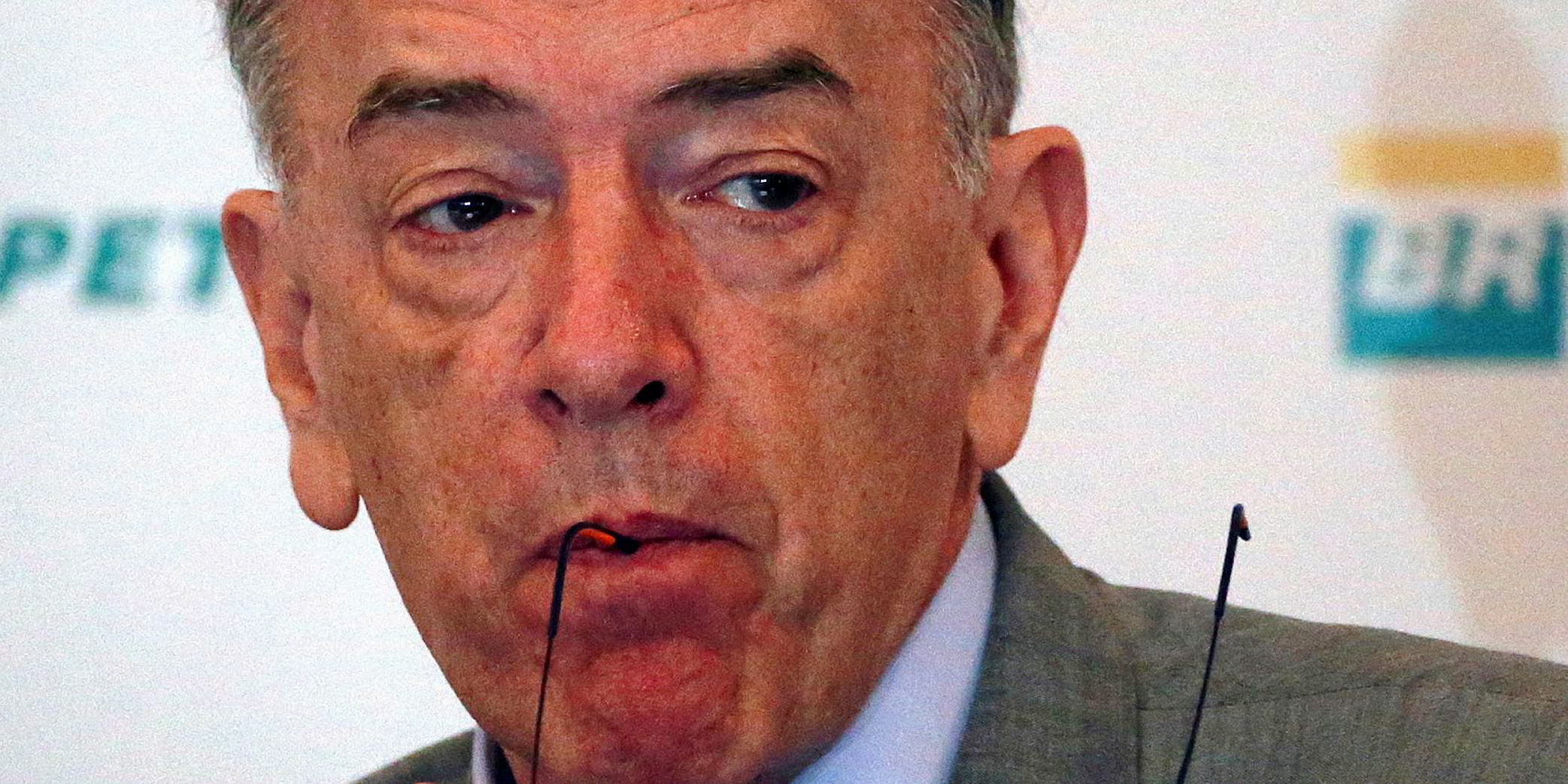The truckers' strike that brought Brazil to its knees over the last week offers a masterclass in the economics of energy prices and logistics.
The seeds of this crisis were sown in the 1950s when President Juscelino Kubitschek’s vision of an integrated country led to a strategic decision to opt for road transport rather than rail.
With road haulage accounting for 65% of Brazil’s cargo transport, the country’s planners showed themselves unprepared for the consequences of an all-out truckers stoppage, with no strategic inventories and little in the way of contingency measures.
